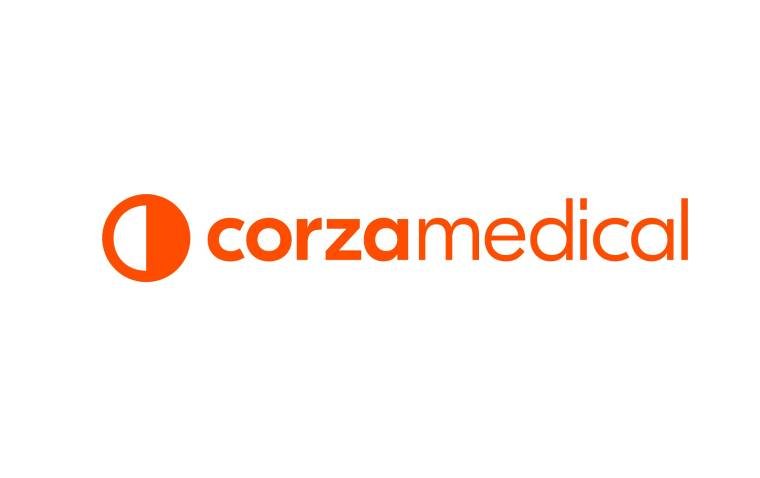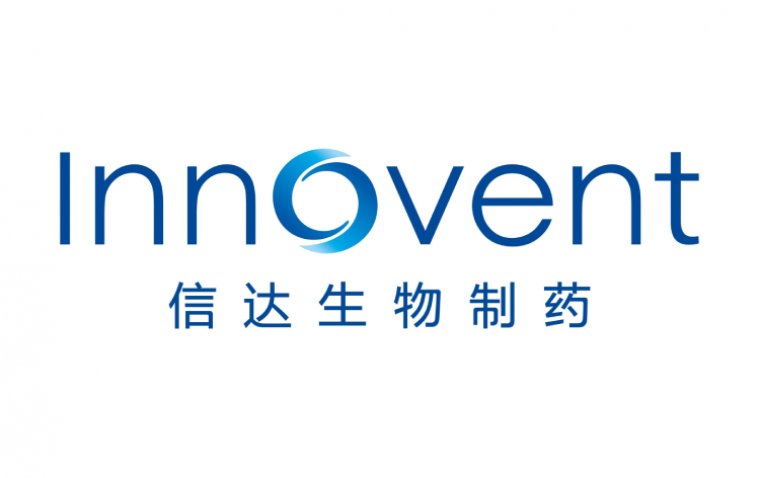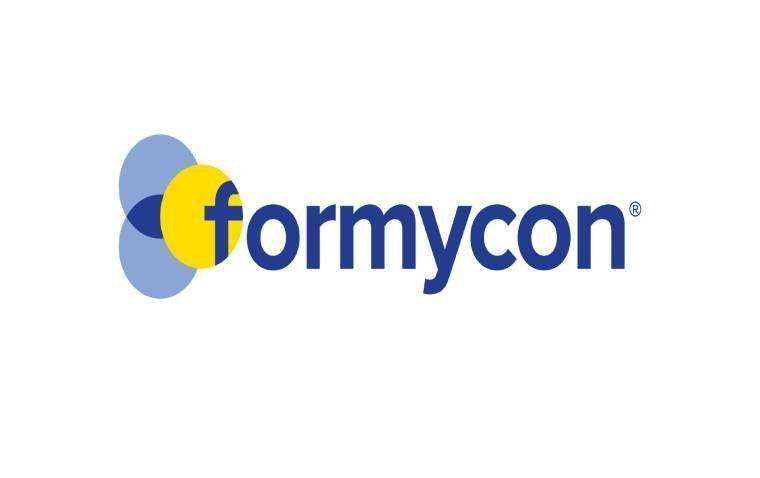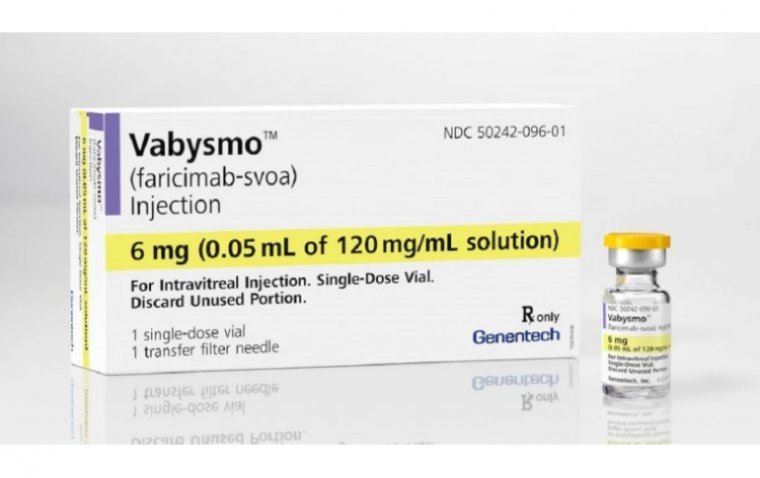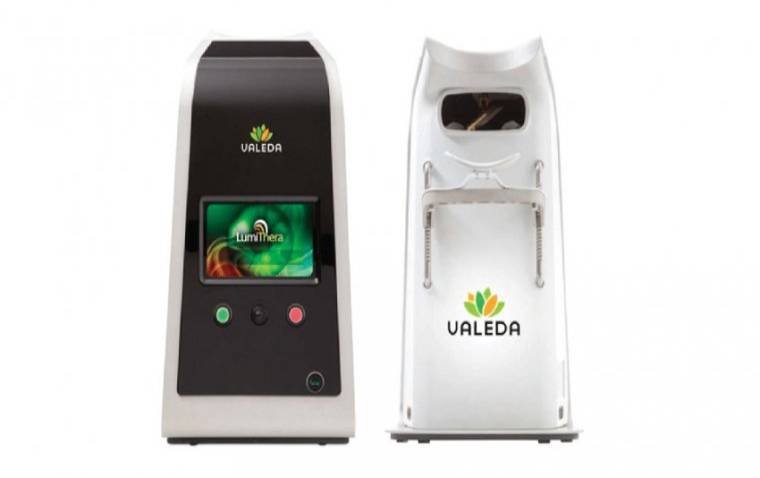
LumiThera Receives FDA Authorization for Valeda Treatment for Dry AMD
The U.S. FDA has granted LumiThera authorization to market its Valeda Light Delivery System, the first FDA-authorized device designed to treat vision loss in patients with dry age-related macular degeneration (AMD). This significant approval, obtained through the De Novo authorization pathway, marks a major milestone in noninvasive treatments for dry AMD.
A Milestone for Noninvasive Treatment of Dry AMD
The FDA’s De Novo authorization for Valeda represents an important step forward in treating dry AMD. LumiThera’s President and CEO, Clark Tedford, PhD, stated:
“We’ve worked tirelessly to bring the Valeda device to U.S. patients. With this FDA authorization, we can now offer dry AMD patients a noninvasive treatment that may help preserve vision and delay disease progression, representing a significant advance in ocular health.”
How Valeda Works: Photobiomodulation Therapy for Vision Improvement
Valeda employs photobiomodulation (PBM), a noninvasive, light-based therapy aimed at enhancing visual acuity in dry AMD patients. In clinical trials, Valeda achieved significant results:
• Improvement in Visual Acuity: Patients showed an increase in best-corrected visual acuity (BCVA) by over 5 letters, with results sustained over a 24-month period.
• LIGHTSITE III Trial Success: In the pivotal U.S. LIGHTSITE III trial, Valeda met its primary endpoint, demonstrating both safety and efficacy in improving and maintaining visual acuity over two years.
FDA De Novo Authorization and Establishment of Special Controls
The positive data from the LIGHTSITE III trial allowed LumiThera to submit a De Novo request to the FDA, providing a technical package and evidence for classification of Valeda as a Class II device with special controls. Lori Holder, Vice President of Regulatory Affairs at LumiThera, noted the significance:
“The De Novo authorization established Valeda as the first device for treating dry AMD patients with vision loss, setting a benchmark for future PBM devices in this class to meet equivalent performance standards.”
Beyond Visual Acuity: Impact on Retinal Biomarkers and Geographic Atrophy
In addition to visual acuity improvements, Valeda therapy has shown promising effects on several anatomical markers of AMD:
• Reduction in Geographic Atrophy: Analysis of retinal biomarkers by Dr. Glenn Jaffe of Duke Reading Center indicated a reduction in the incidence of geographic atrophy (GA) in eyes treated with Valeda, with treated eyes showing a GA incidence rate of 6.8% compared to 24% in control eyes.
Path to FDA Approval and Market Access
Following the initial review of its LIGHTSITE III data under a premarket approval (PMA) application in 2023, the FDA advised LumiThera to proceed with a De Novo request. This pathway enabled classification of Valeda as a Class II device, establishing special controls and performance standards for PBM technology aimed at treating dry AMD.
(1).jpg)

